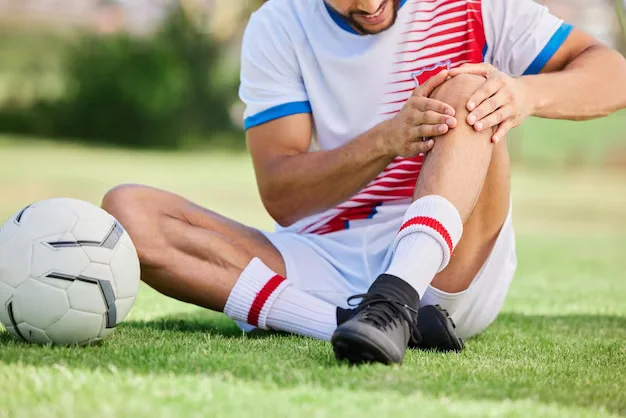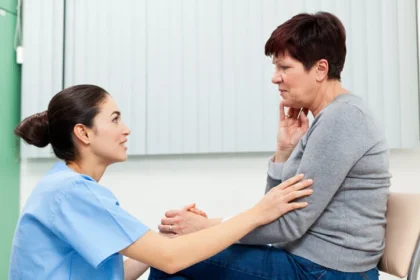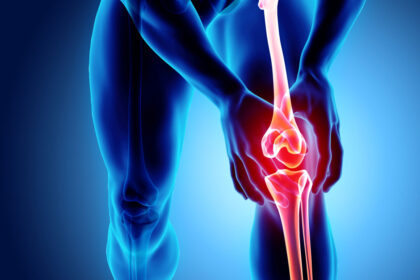A sports injury can range from a minor strain to a serious condition that impacts long-term mobility and performance. While some injuries heal with rest and home care, others require timely medical attention to prevent further damage. Recognizing the signs of a sports injury and knowing when to seek professional help is key to safe recovery.
Common Types of Sports Injuries
Athletic injuries affect different body parts and tissues. Frequent sports-related injuries include:
- Sprains and strains: Damage to ligaments and muscles, respectively.
- Fractures: Breaks in bones caused by stress or impact.
- Dislocations: Joints moving out of their normal position.
- Tendinitis: Inflammation of tendons resulting from repetitive motions.
- Concussions: Head injuries caused by impacts that require immediate medical evaluation.
- Cartilage injuries: Damage to the smooth tissue that cushions joints.
- Muscle tears: Ranging from minor strains to complete ruptures.
These injuries occur across all sports but are common in contact activities such as football and basketball. Proper preventative measures and awareness are fundamental to minimizing their incidence.
Signs an Injury Needs Medical Attention
Several warning signs indicate that a sports injury needs professional medical care. Severe pain that prevents normal movement requires immediate attention and evaluation. Visible deformities often suggest fractures or dislocations that need urgent treatment. Numbness or tingling may indicate nerve damage.
Inability to bear weight on an injured limb points to significant damage. Signs of infection include warmth, redness, and swelling that worsen over time. Any head injury with confusion, dizziness, or memory loss needs emergency care. Pain and swelling that persist after several days of home treatment also warrant medical attention. Trust your instincts when something feels seriously wrong with your body.
First Aid and At-Home Management Tips
The RICE method provides the foundation for initial sports injury treatment. Rest the injured area immediately to prevent further damage. Applying ice helps reduce swelling and pain. Compression with an elastic bandage provides support but should not cut off circulation. Elevation above heart level, when possible, may help reduce swelling.
Over-the-counter pain medications help manage discomfort and inflammation. Avoid activities that worsen pain or swelling. Gentle range-of-motion exercises may help maintain flexibility once acute pain subsides. Monitor the injury closely for signs of improvement or worsening. Document symptoms and changes to share with healthcare providers if professional care becomes necessary.
When To Seek Professional Help
Seek immediate emergency care for severe injuries with visible bone displacement, uncontrolled bleeding, or suspected head trauma. Sports medicine specialists provide targeted care for athletic injuries and understand the demands of returning to activity.
Orthopedic urgent care centers offer specialized expertise without the wait times of emergency rooms. These facilities possess the necessary equipment and expertise to accurately diagnose and effectively treat your sports injury. Physical therapists help with rehabilitation and injury prevention strategies. Primary care physicians provide initial evaluation and referrals when needed. The timing of professional care significantly affects recovery outcomes, so do not delay seeking care when symptoms suggest a serious injury.
Schedule Your Sports Injury Evaluation Today
Proper recognition and treatment of a sports injury protects long-term athletic participation and overall health. Home management is often suitable for minor issues, but professional evaluation yields the best outcomes for significant injuries. Early intervention helps prevent complications and speeds up recovery time. Contact a trusted orthopedic specialist to schedule your sports injury evaluation today.








